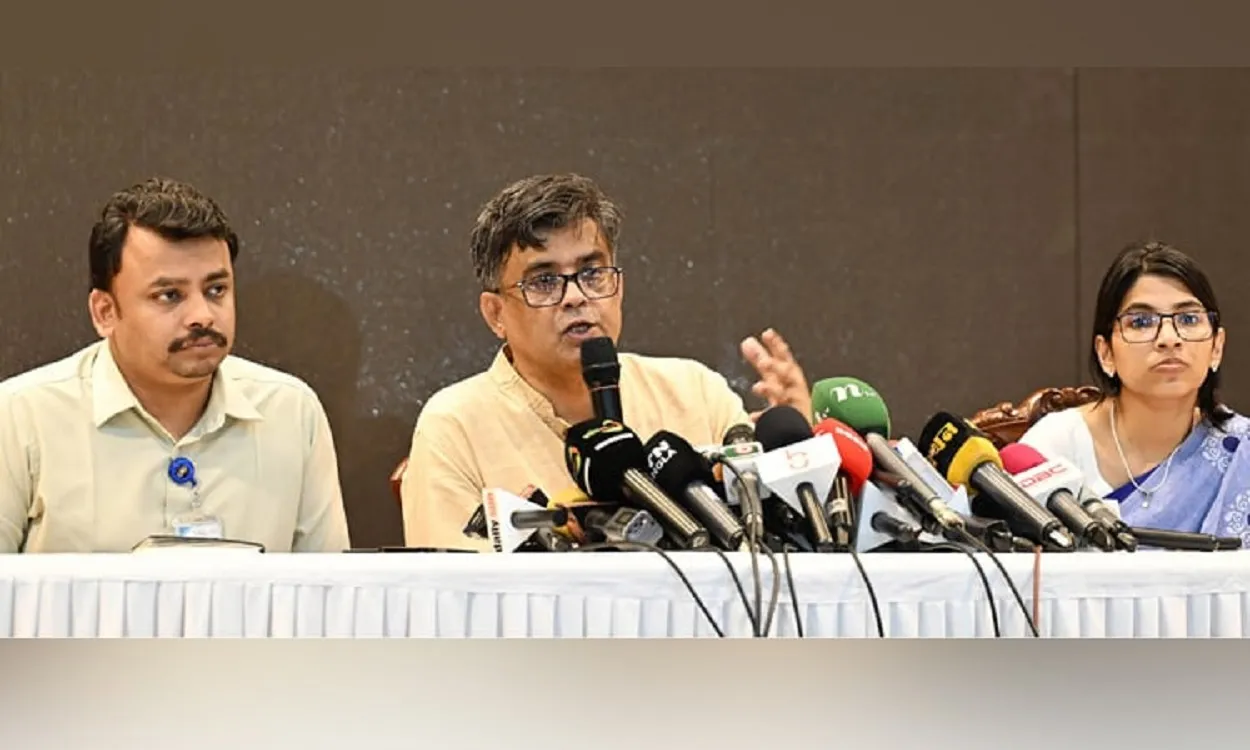


Chief Advisor Professor Muhammad Yunus stressed the need for comprehensive preparations to counter attempts from both inside and outside the country to disrupt the upcoming national elections, calling it a "challenging" event with the potential for "sudden attacks."
Speaking at a high-level meeting on election preparedness, the Chief Advisor specifically warned about planned misinformation campaigns, including the circulation of AI-generated photos and videos, and directed the immediate counter of all false campaigns. The meeting, attended by top advisors, security chiefs, and secretaries, focused on four key areas: combating social media misinformation, field-level officer deployment, training, and overall security.
Forming a Central Disinformation Monitoring Cell and a Central Communication Cell for swift fact-checking and accurate dissemination of official clarifications.
Approximately 92,500 personnel from the Army and Navy will be deployed nationwide, with a strong focus on the 72-hour period before and after the election.
Transfer and posting of officials will be based on merit, efficiency, and impartiality, using a randomized process and avoiding deployment to home districts or areas where officials have close relatives contesting. Officials involved in the last three national elections in key roles (Returning Officer, etc.) will not be reassigned similar duties.
The ICT and Cultural Affairs ministries were directed to produce awareness content (TVCs, videos) to educate the public on voting procedures and how to respond to disorder. The Election Commission is also considering repurposing Sangsad Television for voter education.
A new mobile application is being developed to facilitate postal voting for expatriates, voters in legal custody, and officials on election duty.
The Chief Adviser instructed that all preparatory work be completed by November 15.
Comment